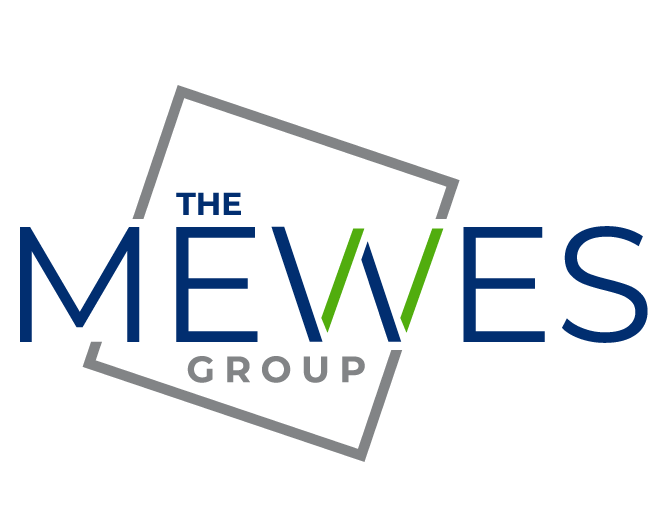
Employee Retention Tax Credit: Did You Have a Supply Chain Disruption that Qualifies?
Does your business depend on supply chain management? Did it experience a disruption during 2020 and 2021 during COVID-19?
If this is true, then there’s a good chance you qualify for the Employee Retention Tax Credit (ERTC). The ERTC is to help business owners support their staff, retain employees, and recover their payroll if they took a financial hit during the pandemic.
You can get this tax credit even if you got the PPP, PPP2, Restaurant Revitalization Fund, or Shuttered Venue Operators Grant.
If you had employees there is a good chance you qualify.
What is the Employee Retention Tax Credit (ERTC)?
The Employee Retention Tax Credit is a way for the government to help businesses that were severely affected by the COVID-19 outbreak.
This is the IRS’s way of giving money back to business owners that made it through one of the worst small business crises in history. And you might be surprised to learn what qualifies your business to receive these refund checks. More often than not, we find that business owners think they don’t qualify, when in fact they do.
Let’s go over the baseline qualifiers first, then talk about supply chain qualifiers specifically.
General Qualifiers for Employee Retention Tax Credit
There’s a good chance you qualify for the Employee Retention Tax Credit if you were impacted by COVID-19. Meeting specific eligibility requirements is challenging, though. Even most CPAs aren’t up to date on the nuances and loopholes of the ERTC. It’s also important to note that small & large businesses are treated differently under the program.
But here are a few key qualifiers:
- You have employees on payroll (W-2 employees).
- You experienced a sales decrease in 2020 or 2021
- You had to change the way you do business, limit capacity, shut down as a result of government Covid regulations.
- Your suppliers were unable to deliver critical supplies to you because they were shut down.
- You started a business in 2020.
Having all of these qualifiers isn’t necessary.
You only need the first one, and one other on the list to have an excellent chance at eligibility.
With that being said, there’s some nuance to each qualifier. For #4, for instance, if your business experienced a supply chain disruption during 2020 and 2021, there’s a good chance you qualify, but it takes understanding the nuance of how ERTCs work to really know for sure.
So now it’s time to dig into what makes you qualify if you had a supply chain disruption in 2020 or 2021.
Eligible Supply Chain Disruptions for ERTC
When we talk about supply chain disruptions as qualifiers, what we mean is that your business operations were suspended due to not being able to receive critical supplies and goods that it needs to function & serve your communities & patrons.
Generally speaking, businesses that had partial or full shutdowns of operations qualify for the ERTC. For partial suspensions, there’s a rule that says if your business is essential, and it has to close some of its parts because of government orders, you might be considered as having a partial suspension.
Supply chain disruptions often count as causing partial suspensions of essential businesses, which is where this qualification comes into play. So, you may be considered to have a full or partial suspension of operations if your suppliers were unable to make deliveries of critical goods or materials due to COVID-19.
If your business’s operations were fully or partially suspended as a result of the supply chain disruption, then you’re likely eligible to file for your Employee Retention Tax Credits.
The question to ask yourself is if your business struggled to receive critical goods and supplies necessary to serve your community, hit revenue, pay payroll, and stay afloat. If your business experienced a major impact due to the supply chain from COVID-19, it’s important to get on a call with a specialist and discuss your specific case to see if you qualify, and how much you can receive.
What Are My Next Steps?
We recommend talking with a CPA or company that specializes in filing ERTC. There are several pages of documentation and a lot of complexity and nuance. So much so that great, skilled CPAs often refer their clients to us to help secure eligibility, maximize returns and avoid audits.
You can click here to schedule a call with us too.
On the call, we’ll discuss your eligibility, the potential of your return, and see if it makes sense for you to move forward with your ERTC filing. We’ll also answer any questions you have about working with us and see if it’s a mutually good fit for us to help you secure your returns.
If we both agree it makes sense to move forward we’ll outline the exact steps we need to take to maximize your return.
And if it doesn’t make sense for both of us, that’s OK too. Not every business is a good fit for a variety of reasons and if that’s the case, we’ll point you in the best direction possible.
Fair enough?
Click here to schedule your call with our team.



